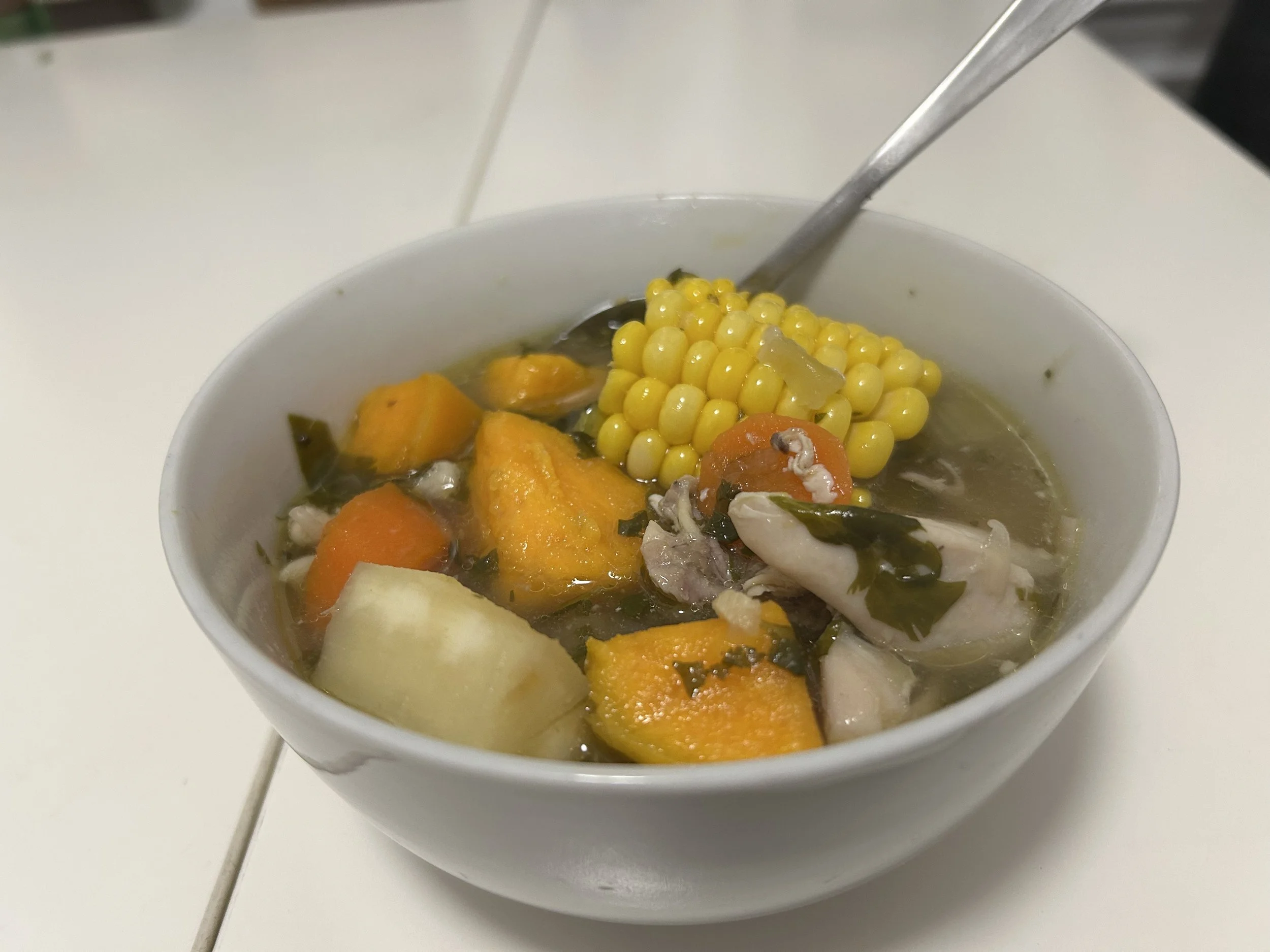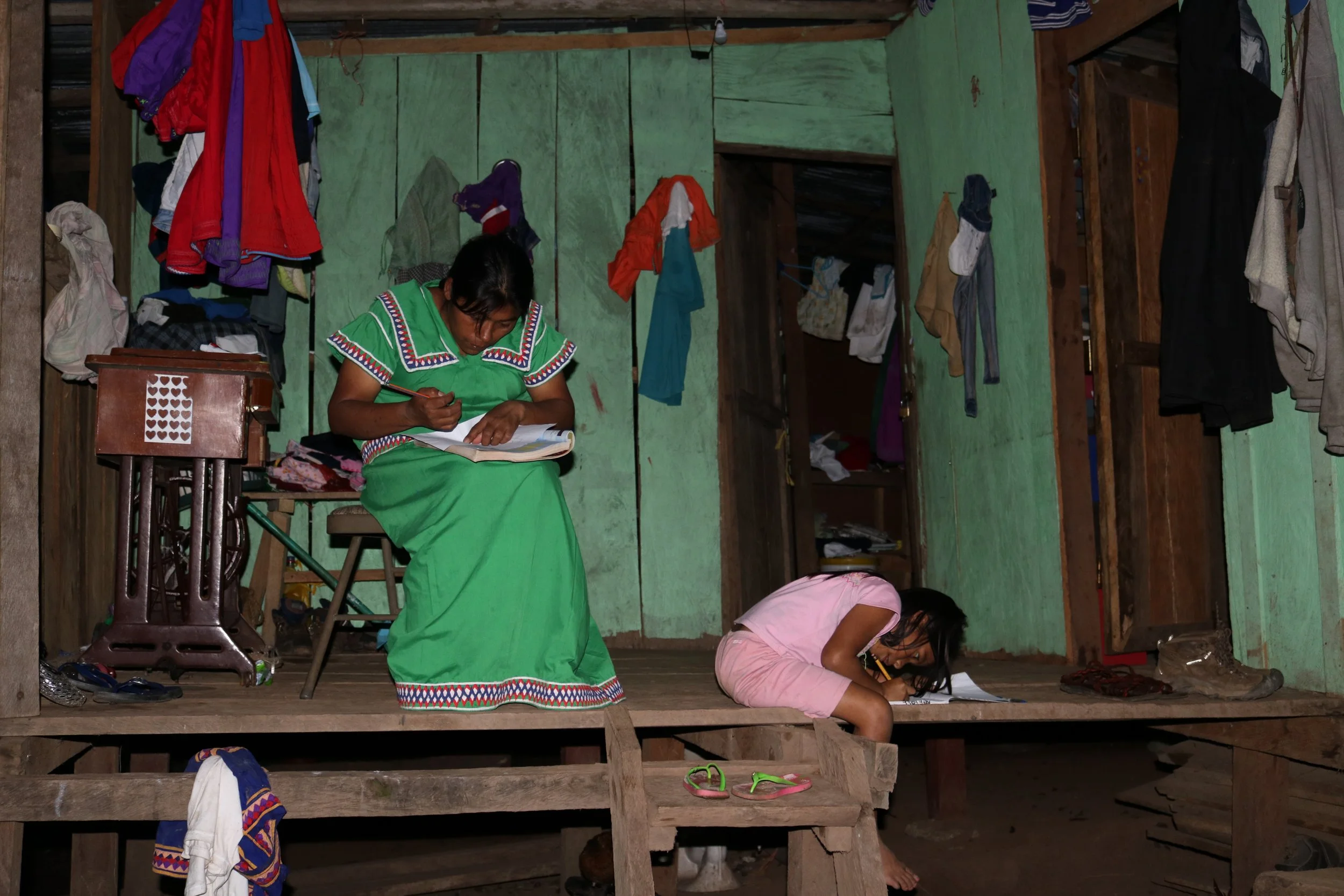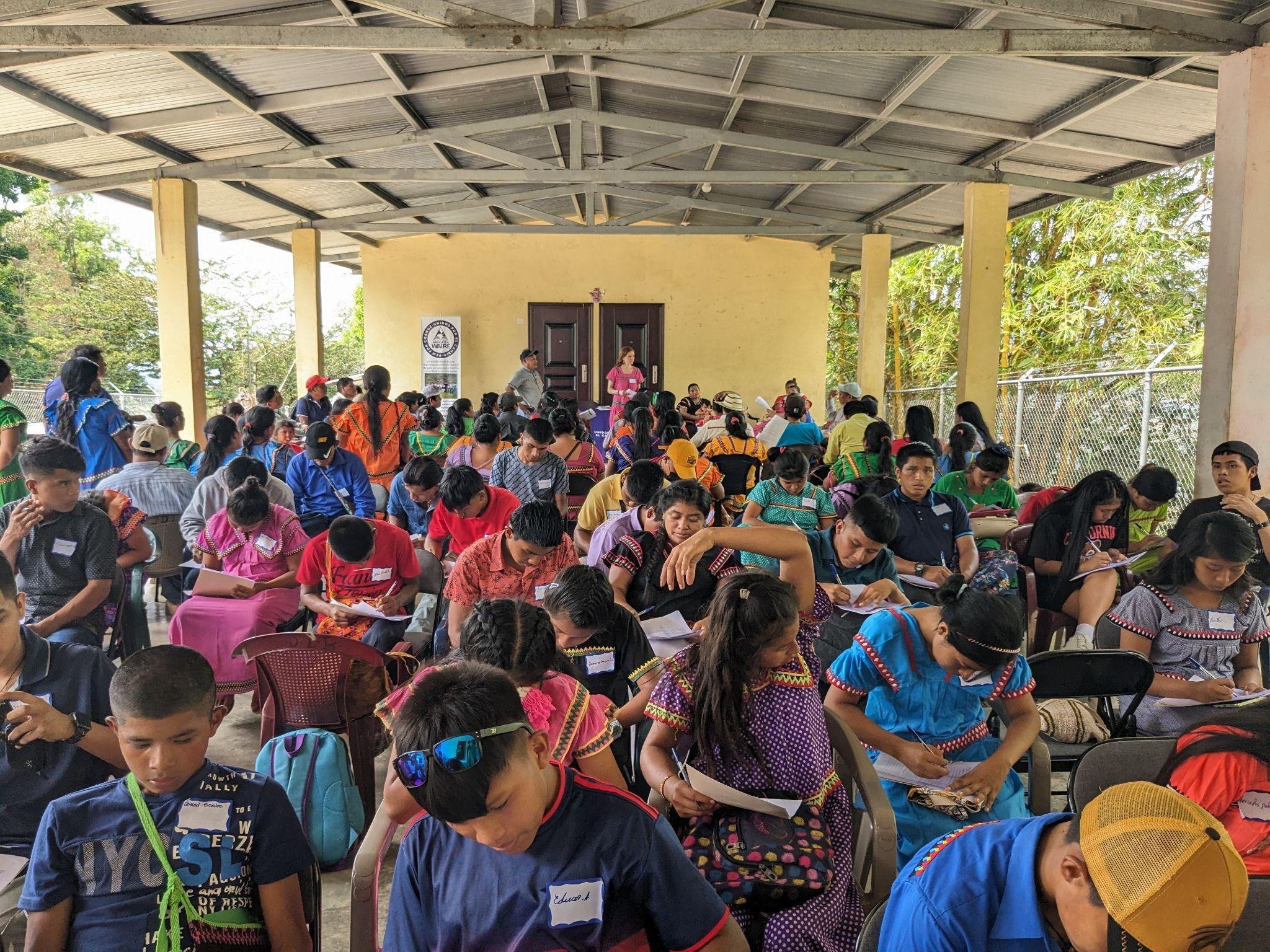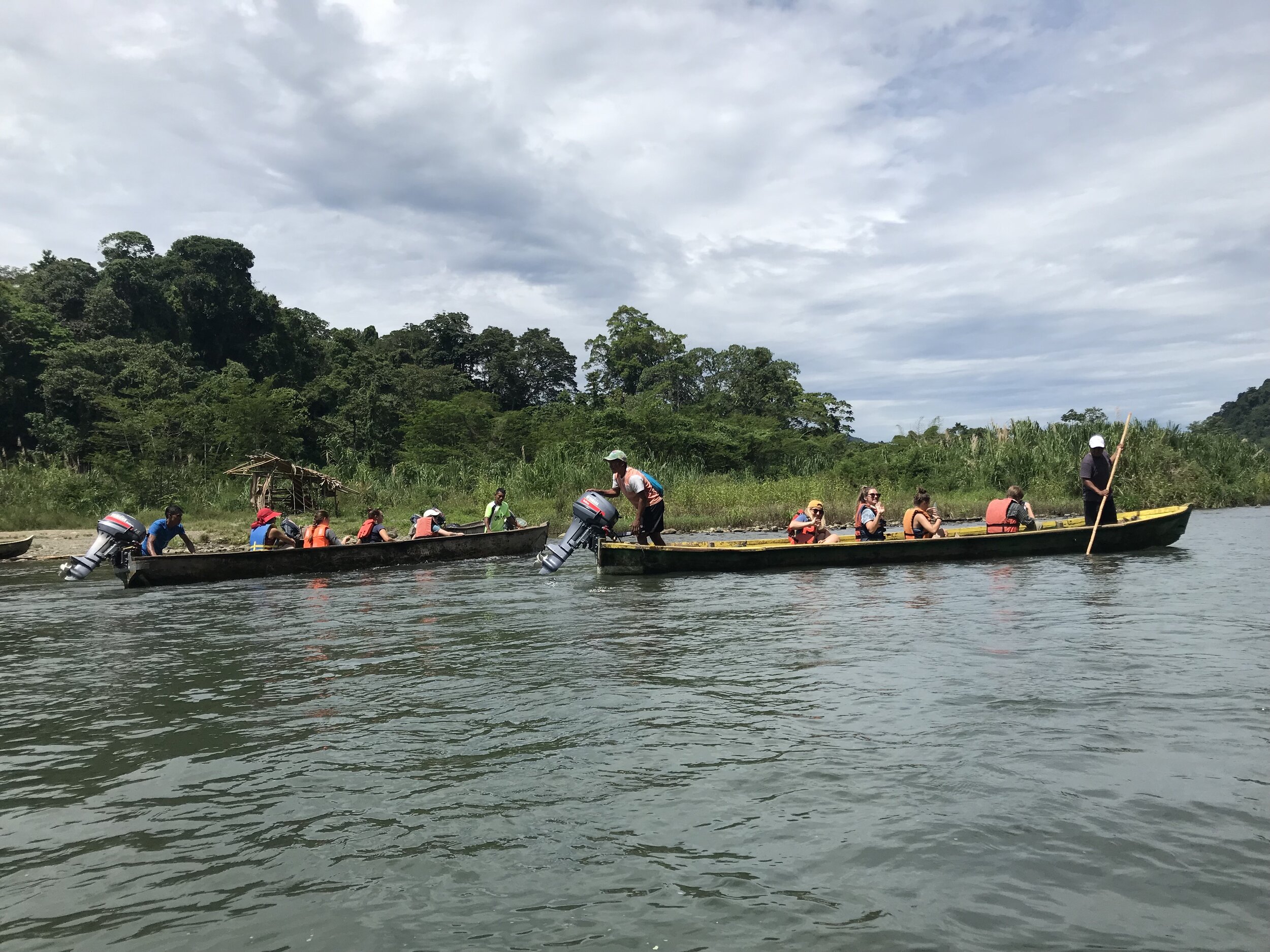Our blog features hot-off-the-press Few for Change news, facts, and figures about the Comarca Ngobe-Bugle and tips from our exploits in the DIY philanthropy world. We hope our writing provides a more through explanation of what we do and why we do it, and paints a clearer picture of our scholars and their lives.

Few for Change was founded on the idea that investing in education means not just supporting young people, but building a better future for their communities. Now that Few for Change has supported students in the Comarca Ngäbe-Buglé for almost 16 years, we are learning together how to put our ideas into practice over the long-term.
Over the past few years, we have seen parts of this dream realized in some unexpected ways.
As we reflect on the past 15 years, it’s incredible to see how Few for Change has grown and evolved. In our 10 year blog post, we did a feature on Few for Change by the numbers. Those numbers have grown significantly!
In 15 years, Few for Change has awarded over 125 scholarships. Few for Change volunteers look at report cards and essays from scholarship recipients each year to determine which students will receive a Few for Change scholarship. During my time as an Education Access Fellow, I have analyzed more than 200 report cards from 84 Few for Change scholarship recipients between 2010 and 2021. This research shows that the barriers that stand in the way of Few for Change scholarship recipients don’t stop them from succeeding in school.
Each time Few for Change encounters José Manuel Sire, we see him do amazing things.
It started in February 2017, with an improvised speech at Few for Change’s annual scholarship ceremony.
Abby Outterson is a Few for Change Board Member and a writer for Public Health Post, an online magazine through Boston University’s School of Public Health that informs broader conversations around public health issues. For Indigenous People’s Day, we are sharing a post she wrote that centers the importance of Indigenous languages to public health.
Few for Change’s mission is to strengthen communities by improving access to education in underserved indigenous areas of Panama. Every year, it gets a little harder to do that. By itself, the COVID-19 pandemic has created myriad challenges for children and their families. Simultaneously, there is another global crisis that is making it harder for our students to pursue their dreams every year: climate change.
FFC Volunteer Morgan Oestereich shares some of what she learned in a university seminar on Indigeneity and the environment.
It’s been over a year since the COVID-19 pandemic forced schools around the world to move to remote learning. Although most schools in the U.S. have at least partially re-opened by now, countries such as Panama have not been able to re-open as quickly. Lack of infrastructure and a limited access to vaccines have both contributed to the slow reopening of schools in Panama. With a new school year getting underway in Panama, we checked in with some of our students about how remote schooling has been this past year, the challenges they’ve faced, and how they have persevered during the toughest of circumstances.
This guest post by Few for Change Communications Fellow Morgan Oestereich introduces the seven indigenous groups with communities in Panama. This post will discuss the four groups with communities on the western side of the country. A second post will discuss the three remaining groups with territories on the eastern side of the country, and various active indigenous organizations and their initiatives in Panama.
Few for Change spent the last several months researching the barriers to education in the Comarca Ngäbe-Buglé and analyzing data about how (and whether) Few for Change is increasing access to education. Here’s the good news: As we enter our eleventh year giving scholarships to students in the Comarca Ngäbe-Buglé, our research shows that the program is making a positive difference.
This guest post was written by Morgan Oestereich, an Environmental Studies major at Davidson College, Class of 2021. Morgan is a Bonner Scholar, and is volunteering during her Spring 2020 semester as the Few for Change Communications Fellow. Morgan spent her Fall 2019 semester in Panama with SIT (the School for International Training), and recounts below her experience in the indigenous Naso Territory of western Panama.
In 2019, Few for Change celebrates ten years since its founding. The founders of Few for Change, myself included, were part of a group of college students participating in the School for International Training's (SIT) study abroad program in Panama. During our semester there, we visited the Comarca Ngäbe-Buglé, an experience that changed our lives and inspired us to start Few for Change. This is the story of how we got started.
How to donate to Few for Change without costing you a penny -- AmazonSmile! Continue about your regular shopping on Amazon and they will contribute 0.5% to Few for Change. Read more to learn how.
In Panama, we often ask our scholarship recipients a series of questions to get to know them better. In previous years we would ask them to list their favorite book; every single student would respond “the Bible.” We gleaned from this response that for many of our students that the only book in their homes is a copy of the Bible. This reality crystallized for us this year on our annual trip to the Comarca Ngäbe-Buglé for the Few for Change scholarship ceremony.





























